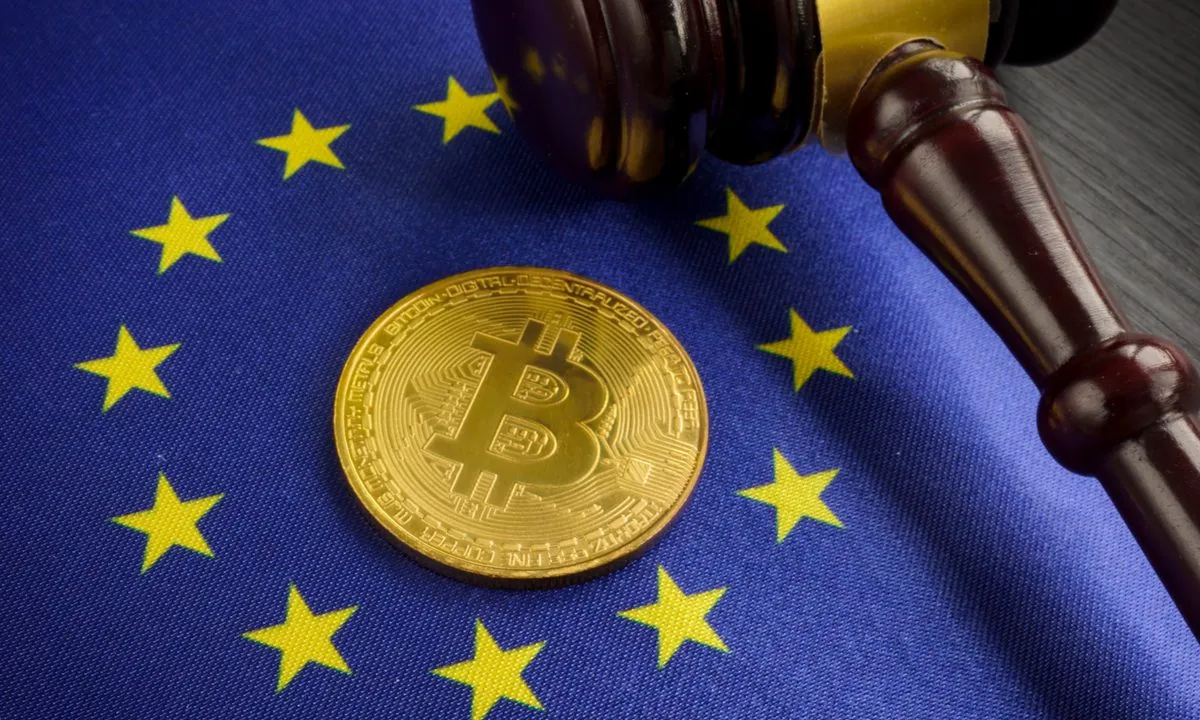|
Getting your Trinity Audio player ready...
|
The European Union (EU) has taken a significant step towards stricter control over anonymous transactions, with a new anti-money laundering (AML) law effectively banning cryptocurrency payments from unidentified self-custody wallets. This decision has sparked debate amongst lawmakers, privacy advocates, and the crypto community.
New AML Law Targets Cash and Crypto
On March 19th, the EU Parliament’s lead commission overwhelmingly approved the new AML package. The law prohibits large cash payments, with transactions exceeding €10,000 becoming illegal. Additionally, anonymous cash transactions above €3,000 are restricted.
For the crypto industry, the most impactful regulation pertains to cryptocurrency payments. The new law specifically targets anonymous transactions made from self-custody wallets to service providers. These self-custody wallets, a core feature of many cryptocurrencies, grant users complete control over their funds without relying on third-party platforms.
Also Read: SEC Seeks $2.6 Billion Warchest to Police the Booming Crypto Market
Concerns Over Financial Freedom and Privacy
Patrick Breyer, a member of the European Parliament, was one of the few voices opposing the new AML law. He expressed skepticism about its effectiveness in combating crime, arguing that anonymous payments are a fundamental human right essential for financial privacy and freedom.
Breyer highlights the potential economic and social consequences of the new law, including increased dependence on banks and the erosion of control over personal finances. He points to the public outcry in 2017 when the EU first proposed cash payment limitations, with over 90% of respondents opposing such measures.
Crypto’s Core Value Proposition Under Threat
The new AML law directly challenges a core principle of many cryptocurrencies – permissionless access. Unlike traditional financial systems, crypto networks allow anyone to participate without restrictions. This fosters an ideal of financial inclusion and empowers individuals to manage their finances independently.
Experts and privacy advocates view the EU’s decision as a blow to financial freedom and individual rights. Comparisons have even been drawn to the dystopian surveillance society depicted in George Orwell’s “1984.”
Looking Ahead: Uncertain Future for Anonymous Transactions
The EU’s move towards stricter AML regulations raises questions about the future of anonymous transactions in both cash and crypto. With the new law set for implementation in three years, it remains to be seen if the EU Parliament will hold firm in the face of public opposition and concerns from the crypto community.
With a keen eye on the latest trends and developments in the crypto space, I’m dedicated to providing readers with unbiased and insightful coverage of the market. My goal is to help people understand the nuances of cryptocurrencies and make sound investment decisions. I believe that crypto has the potential to revolutionize the way we think about money and finance, and I’m excited to be a part of this unfolding story.




